Category : Bangladesh
Nov 30, 2022 | Announcements, Bangladesh, Community, Graduate Student Associates, In Region, News

Nusrat Jahan Mim, a Mittal Institute Graduate Student Associate, is a Doctor of Design candidate at Harvard’s Graduate School of Design. Her research focuses on post-colonial, post-secular urban designs and human-computer interaction. By examining existing systems, she explores how different spatial and technical designs challenge or propagate social exclusions in the Global South. She is a Harvard Mellon Urban Initiative Fellow for the academic year 2022-23. Prior to Harvard, she won the prestigious AIA Henry Adams Medal from Syracuse School of Architecture for achieving the highest academic rank in M.Arch. The Mittal Institute also profiled her work on makeshift cattle markets in Dhaka in a September 2021 newsletter. We spoke with Nusrat to get an update on her work and new GSA role.
Oct 5, 2022 | Announcements, Bangladesh, Community, In Region, India, News, Partition, Social Enterprise, South Asia in the News

Tariq Omar Ali received his Ph.D. in history from Harvard and is now an Associate Professor at Georgetown University. His research focuses on nineteenth and twentieth century South Asia and global histories of capital with a particular interest in how the material and everyday lives of ordinary men and women are shaped by transnational circulations of commodities and capital. His first book, A Local History of Global Capital: Jute and Peasant Life in the Bengal Delta was published by Princeton University Press, 2018. He will be presenting his new research examining how decolonization, independence, and the rise of the nation-state restructured the working lives of peasants, boatmen, itinerant traders, and small businessmen in post-colonial East Pakistan (present-day Bangladesh) in the 1950s and 1960s at the Tufts-Harvard Conference on the 75th Anniversary of Independence and Partition, October 7-9. Prof. Ali will be speaking on Friday, October 7 at 4:30 p.m. on a panel chaired by Prof. Amartya Sen at the ASEAN Auditorium, Cabot Building, Tufts University.
Apr 12, 2022 | Announcements, Bangladesh, Faculty, In Region, India, News, Pakistan, Partition
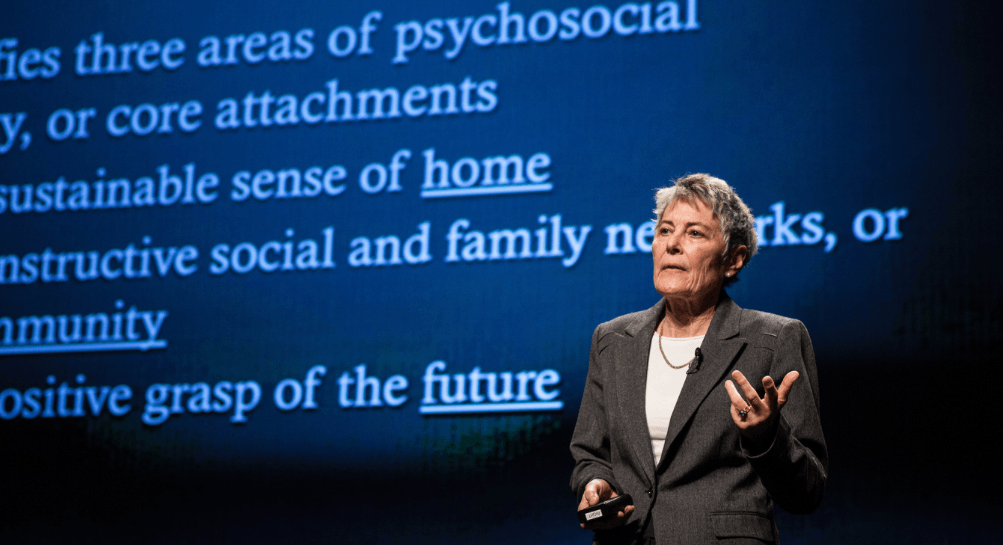
An expert in public health and rights-based responses to humanitarian crises, Dr. Jennifer Leaning has spent her nearly 50-year career at the intersection of war and disaster, atrocities and conflict. Despite witnessing some of the darkest instances of human behavior, it is a ‘kindness of strangers’ motif that motivates her work. She applies this approach to the Mittal Institute’s 1947 Partition Project, which she has led since its inception in 2016.
Sep 29, 2021 | Announcements, Bangladesh, Community, In Region, News, Students
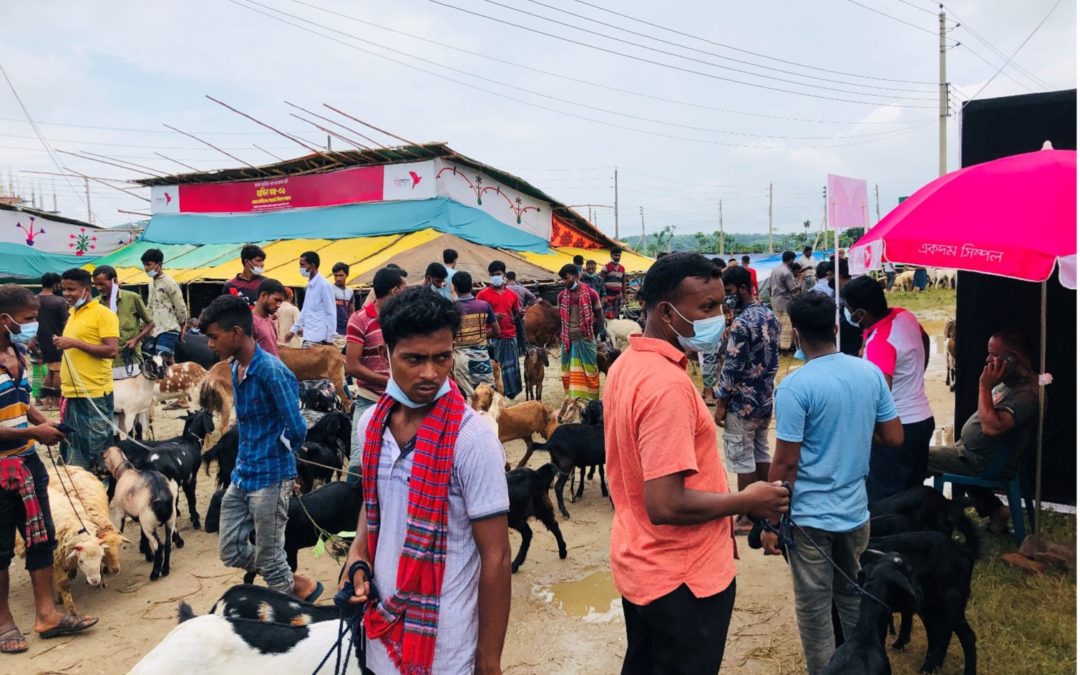
Nusrat Jahan Mim, a Harvard D.Des candidate, was a recipient of a Mittal Institute Summer 2021 Research Grant, and she shared her findings in the account below. As a part of her Doctor of Design thesis, she investigated and collected spatial data from the largest annual makeshift cattle marketplaces in Dhaka, Bangladesh during Eid ul Adha (July 19-23, 2021).
Jul 22, 2021 | Announcements, Bangladesh, Graduate Student Associates, In Region, India, News

Bennett Comerford, a second year Graduate Student Associate with the Mittal Institute, is a doctoral candidate in the Committee on the Study of Religion at Harvard University. His work focuses on the intersections of religion, literature, race and coloniality in nineteenth-century Bengal. He is a past recipient of language and research fellowships in Bangladesh and India. The Mittal Institute sat down to learn more about Bennett and his research.
Jun 16, 2021 | Announcements, Bangladesh, COVID-19, Faculty, In Region, India, Myanmar, Nepal, Pakistan

The following Op-Ed appeared in numerous dailies across Pakistan, India, Bangladesh and Nepal. The article speaks to the commonality of societal structures across the region and the need for trans-border knowledge exchange to combat COVID-19 in the region. By...
Jun 9, 2021 | Announcements, Arts Program, Bangladesh, Community, In Region, India, Nepal, Pakistan
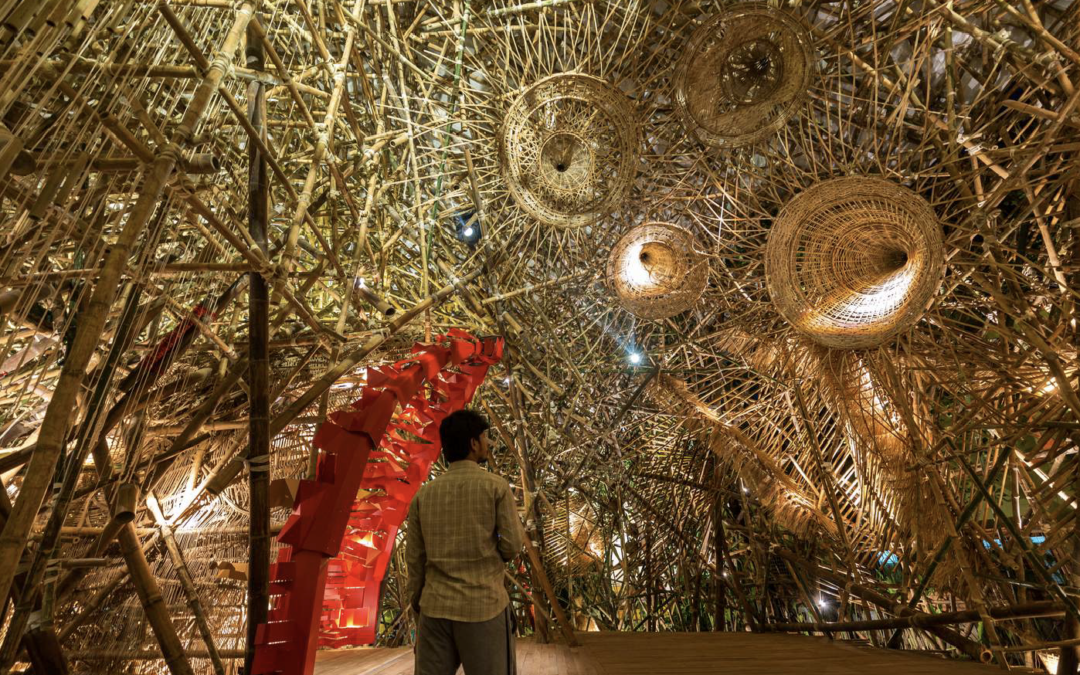
The Mittal Institute recently concluded the 2020–2021 Visiting Artist Fellowship, which annually brings four mid-career visual artists to Cambridge to engage with Harvard faculty and students, participate in art exhibitions, and perform research using Harvard’s intellectual resources to further their art practice. Due to COVID-related programming changes this year, the fellowship was reimagined, bringing 13 of the top applicants from India, Bangladesh, Pakistan, and Nepal to the virtual world for a series of four online seminars curated to support the artists’ long-term practice. In these courses, the artists participated in thought-provoking discussions centering on art history, creative writing, urban design, and more, with both their peers and the expert facilitating the class. For the final installment of the VAF Lecture Series, the Mittal Institute welcomed Asim Waqif, a Delhi-based artist whose international work revolves around architecture, ecology and design.
May 20, 2021 | Announcements, Arts Program, Bangladesh, Community, COVID-19, In Region, India, Myanmar, News, Pakistan
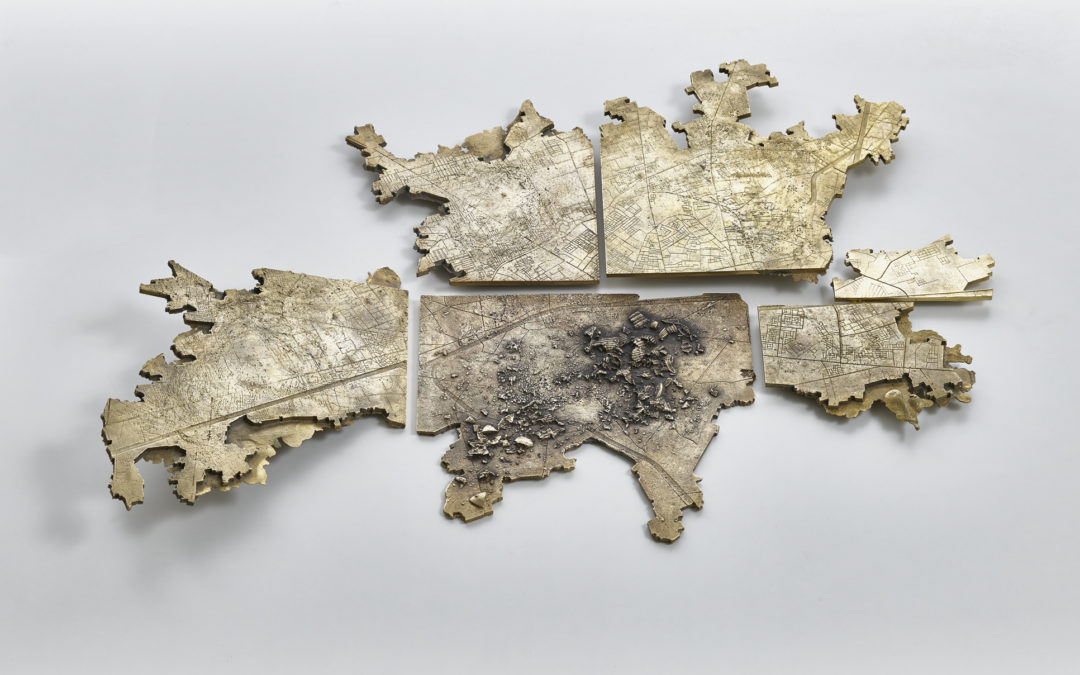
In a conversation with the Mittal Institute this week, Naiza Khan, a visual artist who splits her time between London and Karachi, explored the impact of the pandemic on her creative processes and methods of making art. This past year, COVID-19 drastically changed the landscape of possibilities for modes of working and presented new opportunities to engage in making work alongside other artists.
Apr 1, 2021 | Announcements, Bangladesh, News
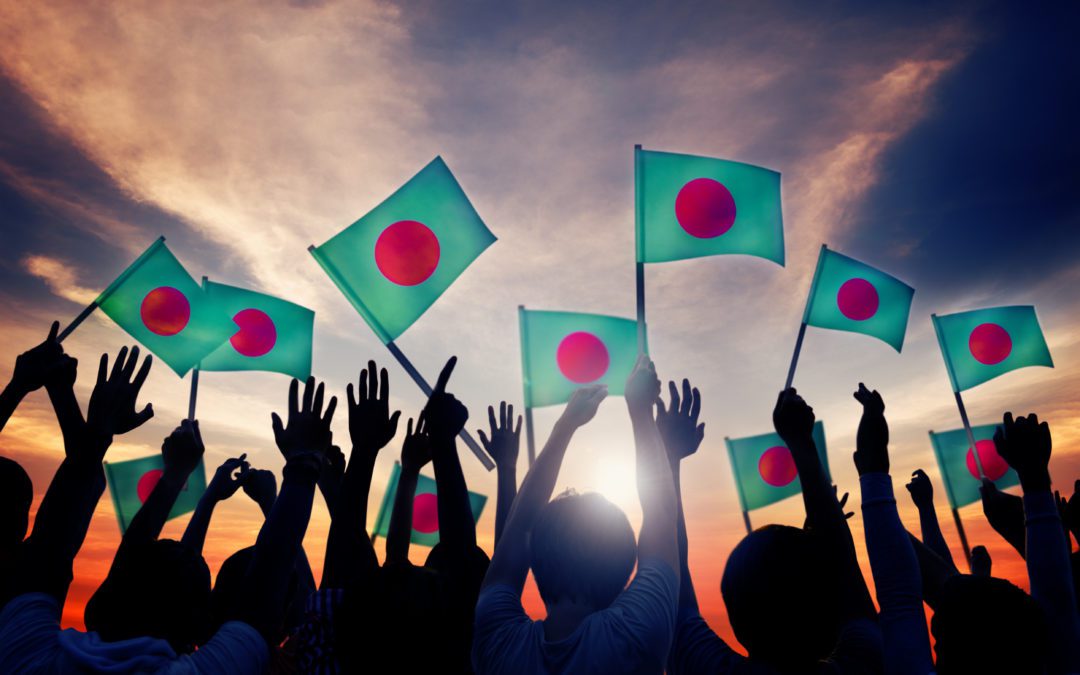
Bangladesh gained independence from Pakistan in 1971. To mark 50 years of Bangladesh’s independence, the Lakshmi Mittal and Family South Asia Institute at Harvard University held a virtual conference, “Bangladesh @ 50: Looking Back, Looking Forward” on March 3 and 4, 2021. The conference highlighted the arc of Bangladesh’s history from the Language Movement through the Liberation War to the present – and the future.
Mar 24, 2021 | Announcements, Bangladesh, News

Rohingya refugee woman sits under a tree in Bangladesh. Photo by Moinak for Adobe. In early March, the Beyond Encampment series launched with an inaugural talk on “Local & Collaborative Response: Rohingya Refugee Camp Bangladesh.” Beyond...
Mar 18, 2021 | Announcements, Bangladesh, COVID-19, In Region, India, Myanmar, Nepal, News, Pakistan, South Asia in the News

Image by Adobe. How should the vaccine alliance, Gavi, respond to the worldwide need for a vaccine for the Covid-19 pandemic? Harvard Business School professor Tarun Khanna discusses how experimentation, judicious risk taking, and entrepreneurship in finance and...
Mar 4, 2021 | Announcements, Bangladesh, In Region, News
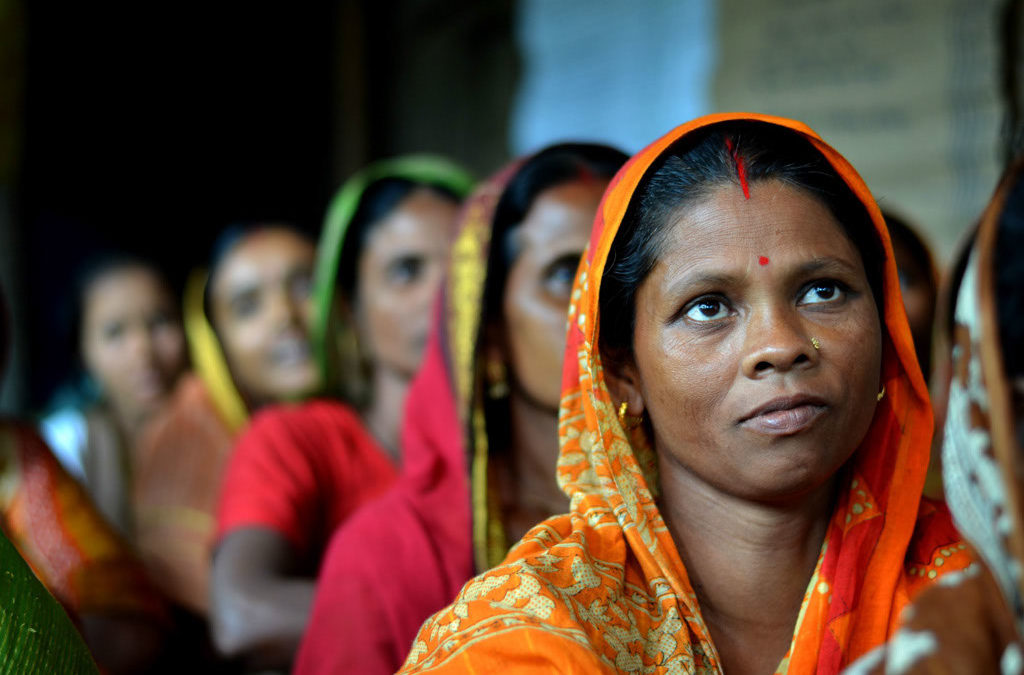
We spoke with one of the experts who participated in the “Economic Development: From ‘Basket Case’ to Emerging Economy” panel, Sajeda Amin, Senior Associate at the Population Council in New York, about her years of work with women’s empowerment in Bangladesh. Sajeda Amin conducts intervention research on empowerment programs for girls and women and writes about the role of education and work opportunities in girls’ and women’s lives. She has designed and implemented interventions to prevent violence and child marriage by empowering adolescent girls and has studied their outcomes in Bangladesh, India, Mali, Malawi, and Niger.












